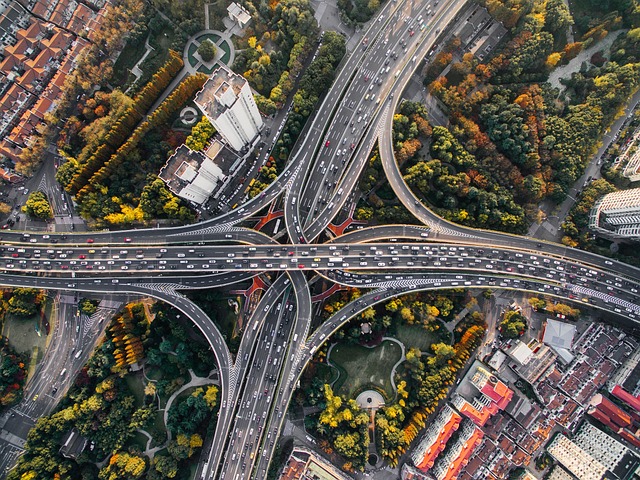Exploring the Impact of Urban Transportation on Transport Sustainability and Rural Development
In today’s fast-paced world, the urban transportation network plays a pivotal role not only in defining the daily lives of city dwellers but also in shaping the broader landscape of transport sustainability and rural development. As cities expand, their transportation networks evolve, bringing both opportunities and challenges that resonate through both urban and rural communities.
Transport Sustainability: A Shared Responsibility
Transport sustainability refers to the ability of our transportation systems to meet current needs without compromising the ability of future generations to meet theirs. The urban transportation network is at the heart of this equation, as it determines how efficiently and cleanly we move people and goods. In cities where public transit systems are robust, we see lower emissions and less congestion, which are critical components of sustainable transport.
Innovative practices such as prioritizing public transportation, cycling, and pedestrian pathways help reduce reliance on individual car travel. This shift not only enhances urban living by promoting a cleaner environment but also establishes a model for rural areas to emulate. As urban centers embrace sustainability, they can lead the way in demonstrating the principles of eco-friendly transport which can inspire rural regions to adopt similar practices.
The Ripple Effect on Rural Development
The benefits of a well-designed urban transportation network extend beyond the city limits and into the sprawling landscapes of rural communities. Improved connectivity facilitates access to essential services, economic opportunities, and educational resources for rural populations. When urban transportation infrastructures are integrated with rural development initiatives, a symbiotic relationship emerges, where cities and towns can thrive together.
For instance, better transport links can encourage businesses to expand their operations into rural areas, creating jobs and stimulating local economies. Furthermore, as citizens flock to urban centers for employment, the outflow often creates opportunities for rural development, as these areas can diversify their economies by leveraging resources like agriculture, tourism, and artisanal crafts.
Local Voices, Global Impact
As we delve into this interconnectivity, it’s essential to consider the voices of those impacted by these systems. Rural residents often face challenges in accessing urban jobs or services due to inadequate transportation options. Therefore, engaging local communities in discussions about transportation planning can lead to more inclusive and effective solutions that address the unique needs of both urban and rural spaces.
The collaboration between city planners and rural stakeholders is key to fostering an urban transportation network that champions sustainability and drives rural development. By sharing resources and infrastructure knowledge, both sectors can enhance their transport viability, creating a seamless experience for all community members.
Innovative Solutions for a Sustainable Future
To maximize the benefits of urban transportation networks on sustainability and rural development, innovative solutions must be embraced. Technologies like electric buses, ride-sharing apps, and smart traffic management are not just urban luxuries; they hold the potential to revolutionize transport access in rural areas too. Coupled with strong policy frameworks that prioritize sustainability, these technologies can create a cohesive system that serves all.
Ultimately, the path to a sustainable future lies in recognizing the interconnectedness of urban transportation and rural development. As we strive to develop more resilient communities, it becomes clear that investing in transportation infrastructure is not merely about connecting cities but about fostering an equitable and sustainable world for every citizen.




